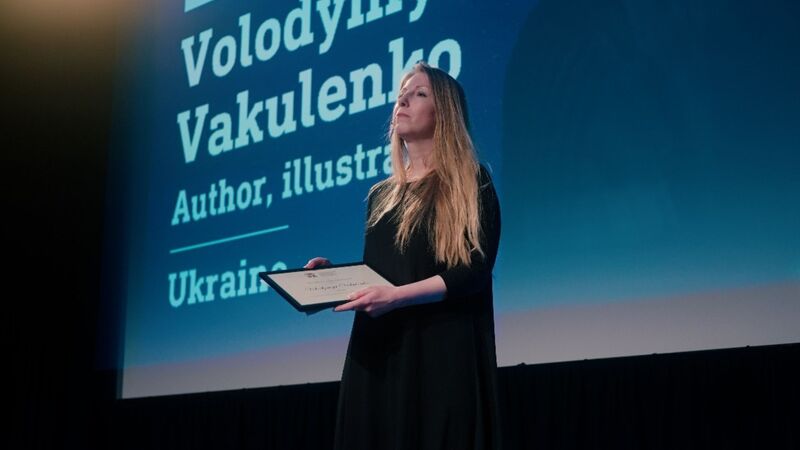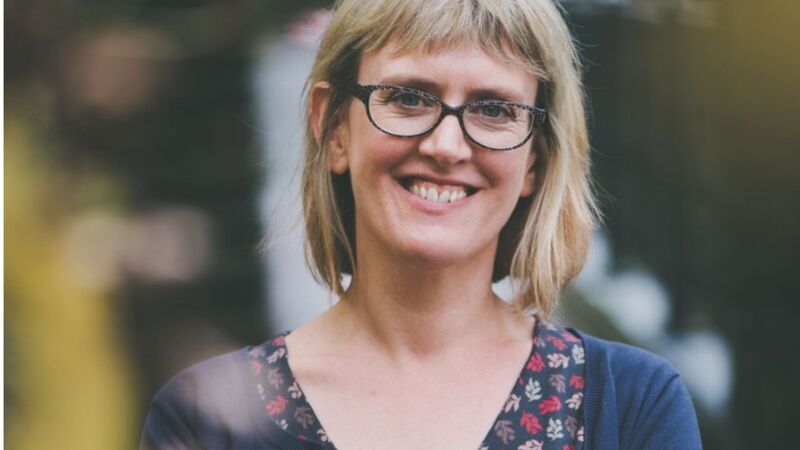You are viewing your 1 free article this month. Login to read more articles.
Mitchell calls for more access for disabled people in trade events
Academic and former publisher Cat Mitchell has urged the trade to ensure disabled people can access events once physical line-ups return.
The Bookseller’s Marketing & Publicity Conference session on 15th June, "Access Denied — How comms teams can improve publishing’s accessibility problem", was chaired by literary agent and consultant Julia Kingsford with insights from Mitchell, lecturer in writing and publishing at the University of Derby, and Anthony Kemp, chief executive of Calibre Audio.
Mitchell, who is currently researching disability in publishing, said: “It’s important for everyone at every stage of the publishing process to have accessibility in mind. So always assume there will be disabled readers, disabled members in the audience, disabled employees, disabled authors. Because an ideal world would be one where people don’t have to ask for adjustments and accessible content is automatically out there, in terms of the books published but also the marketing materials as well.
“The best way to do this is to find partners, use experts in the field so don’t feel you have to take all the responsibility yourself but also go to readers, authors and find out what they need. Our community is hugely diverse - by talking to one disabled person you will only find out about one disabled person, you need to find out about the range of accessibility and adjustments. Talk to people directly and help them help you.
Kemp suggested organisations make incremental progress to try different solutions. “I would suggest starting with simple steps,” he told the panel. “We were talking to a publisher yesterday about educational books and audio... so we suggested we get the technology and try it and see how it goes. I’d say, do a pilot and take it out to the communities and test it, don’t be afraid to dip your toe into the water and build your knowledge and experience to improve things.”
Mitchell offered “tangible take-aways" for the trade to ensure disabled people can access marketing and events. “In social media, think about if your event can be read by screen readers. This is a common mistake people often don’t think about - if you’re posting lots of images then add ‘Alt Text’, on Twitter it pops up and you can add a textual description.
“There’s also captions on videos which more people are doing more and more now - but also if you have a video remember not everyone can see it, even with captions so ensure there is a description they can access. With GIFs, think about a second tweet listing what is in there. In hashtags, capitalise every word so a screen reader can pick up each individual word”
She also warned against flashing images which can cause seizures and also spoke about the need for trigger warnings and content warnings over distressing material.
Mitchell stressed the importance of considering disabled people when planning events. She said: “In events, we are thinking about the physical accessibility of events - thinking about the space itself, if there are places to sit, if there are quiet areas and most importantly, as part of that, publicly state all of the accessibility requirements you’re ticking off - it's not enough just to say ‘this venue is accessible’. If you can, also provide an email address so people don’t have to track down the right person to ask.
“A lot of people are worried about events becoming less digital and so less accessible over the next few months - can we livestream events with captions, make sure they are recorded and available after so people can take them at a different pace? Can we have reserved seating for people whose energy is limited?”
She also argued against hosting all events in London and ensuring there are also physical events across the UK. “It must be in other big cities as well," she said. "We don’t want to just assume disabled people just want online events, sometimes they want to attend in person too.”













